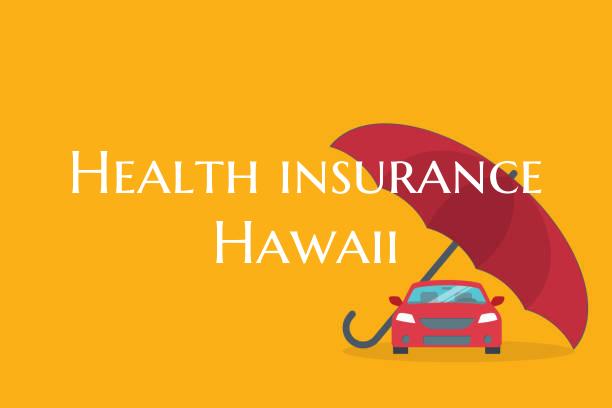Health insurance is a crucial aspect of maintaining one's well-being, and in Hawaii, residents have access to various options to ensure they are covered in times of medical need. Hawaii's unique healthcare landscape offers a range of health insurance policies and programs tailored to the diverse needs of its population.
Hawaii's Prepaid Health Care Act, implemented in 1974, was the first of its kind in the United States, requiring most employers to provide health insurance to employees working more than 20 hours a week. This law ensures that a significant portion of Hawaii's population has access to employer-sponsored health coverage. For those who do not have access to employer-sponsored insurance, there are individual health insurance plans available through private insurers and the federal marketplace.
Medicaid and the Children's Health Insurance Program (CHIP) provide low-cost or free health coverage to eligible individuals and families with limited incomes in Hawaii. These programs play a vital role in ensuring that vulnerable populations have access to essential healthcare services.
Residents of Hawaii also have the option to purchase health insurance through HealthCare.gov, the official health insurance marketplace created by the Affordable Care Act. This marketplace offers a variety of plans with different levels of coverage and costs, allowing individuals and families to choose a plan that best suits their needs and budget.
When selecting a health insurance plan in Hawaii, it is essential to consider factors such as monthly premiums, deductibles, copayments, and network coverage. Understanding the terms of your policy and the services it covers can help you make informed decisions about your healthcare needs.
In conclusion, navigating the world of health insurance in Hawaii can seem overwhelming, but with the right information and resources, residents can find a plan that meets their needs and provides the necessary coverage for their health and well-being. By exploring the various options available and understanding the benefits and costs associated with each, individuals can take control of their healthcare and ensure they are adequately protected in case of illness or injury.

